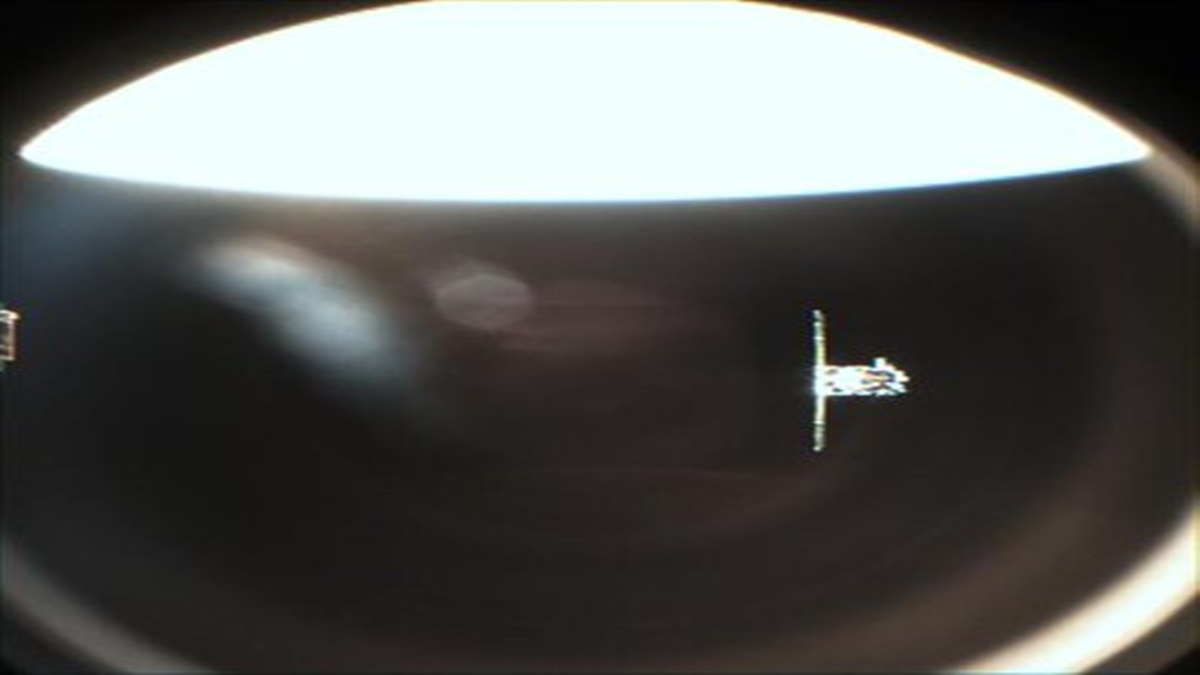Two satellites came as close as three metres during a trial attempt for space docking and are now moving back to a safe distance, the Indian Space Research Organisation (ISRO) announced on Sunday.
Providing an update on the SpaDeX Docking Mission, ISRO took to X, saying, “A trial attempt to reach up to 15 m and further to 3 m is done. Moving back spacecraft to safe distance. The docking process will be done after analysing data further.”
Earlier, the space agency said that the SpaDeX satellites were holding position at 15 metres and “capturing stunning photos and videos of each other!” The agency also shared images taken by the satellites at various distances.
This trial precedes the main docking experiment. During the attempt, the SpaDeX satellites, SDX01 (Chaser) and SDX02 (Target) — approached each other up to a distance of three metres before being moved apart for safety. ISRO emphasized that the docking process would only proceed after detailed analysis of the collected data.
Docking is a complex process, requiring precise maneuvers as the satellites move back and forth to achieve what ISRO has described as an “exciting handshake” in space.
India is employing its indigenously developed Bhartiya Docking System for this mission.
The SpaDeX mission was launched on December 30, with the satellites SDX01 and SDX02 lifted onboard a PSLV C60 rocket and placed in a 475-km circular orbit.
If successful, India will become the fourth nation in the world — after the US, Russia, and China — to master the intricate technologies crucial for advanced space missions.
The achievement would also pave the way for future explorations, such as the Bharatiya Antariksh Station and Chandrayaan-4.
ISRO has postponed the historic docking of the two satellites twice, with its chief, Dr. S. Somnath, emphasizing that it is India’s first attempt at docking, and every first attempt comes with challenges.
“The docking exercise will be done only when all sensors are fully calibrated and tested to satisfaction. All algorithms and scenarios are also tested on the ground before commands are sent to the spacecraft for autonomous docking,” Dr. Somnath had said earlier.
Post-docking, the two satellites will operate as a single spacecraft. Electrical power will be transferred from one satellite to the other to confirm the success of the docking. The mission will be declared successful only after the satellites are undocked and resume functioning independently, ISRO had said.




















